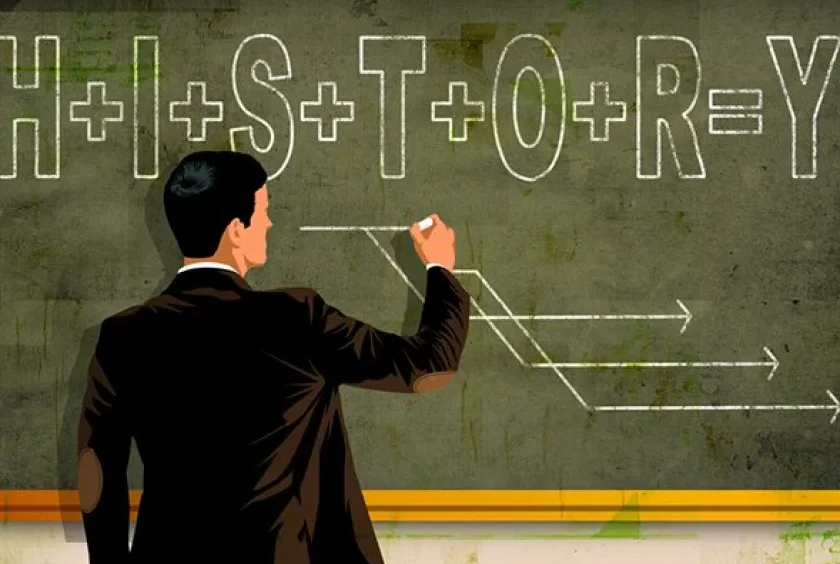Sure, we teach history. But Do We Know Why It’s Important?


In 1980, the Commission on Wartime Relocation and Internment of Civilians began hearing testimony from Japanese-Americans who, after the Pearl Harbor attack, were forced at gunpoint into prison camps throughout the desolate interior of the United States.
Initiated by Sen. Daniel Inouye, a Hawaii Democrat who lost an arm fighting the Nazis, the commission was largely conceived in order to establish a legal and political case in Congress against internment and for some kind of redress. But Nisei men and women, the children of Japanese immigrants who had kept virtually silent for decades due to a social code inherited from their ancestors, captured the moment. They used the hearings to share their stories of sorrow and humiliation. The intense emotion of these personal histories galvanized a political movement that succeeded in winning monetary reparations from the federal government for those who had been interned. It was an unprecedented event in the American experience.
As my father, the Japanese-American Citizens League’s volunteer chief legislative strategist who helped convince President Ronald Reagan to sign the redress bill in 1988, later recalled, “I saw all these old people crying, and that made me cry. I guess the whole community cried.”
 English
English
Yo, 115slotgame is cool! A lot of fun slot variety, and the graphics are vibrant. I recommend you try it: 115slotgame
Q8Bet looks interesting. I wonder if there’s any relationship with any Qatari investments in sports! Anyway the site is smooth enough. Will check how’s their sports promotions and compare it with others. Worth a look: q8bet